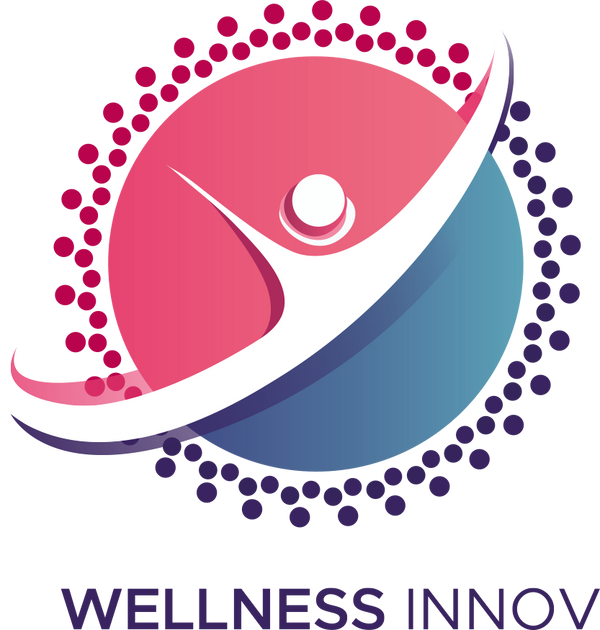Protein, derived from Greek, means "first importance". If the human body is compared to a house, protein is like the bricks and tiles used to build the house.
Which type of protein has the best effect on prolonging life? Recently, a new medical study found that:
- People who consume more plant protein in middle age are 46% more likely to age healthily in their later years;
- Animal protein is the opposite. For every 3% increase in intake, the possibility of healthy aging decreases by 6%.

In this study, Harvard University and the U.S. Department of Agriculture Human Nutrition Research Center on Aging analyzed data from 48,762 healthy participants.

Researchers defined "healthy aging" as the absence of 11 major chronic diseases, mental/cognitive or physical function health. At the beginning of the study, the participants were between 38 and 59 years old. The researchers collected their protein intake information through questionnaires, which were divided into three categories:
- Animal protein: beef, chicken, fish/seafood;
- Dairy protein: milk, cheese, yogurt, ice cream;
- Plant protein: beans, grains, fruits and vegetables, nuts.
After analysis, the researchers mainly came to the following conclusions:
1. Plant protein intake is associated with extended healthy life span. For every 3% increase in energy intake, the likelihood of healthy aging in late life increases by 46%;
2. On the contrary, animal protein is the opposite. For every 3% increase in energy intake, the likelihood of healthy aging decreases by 6%;
3. For total protein intake level and dairy protein intake, no association with extended healthy life span was found;
4. Intake of more plant protein is also associated with a lower risk of chronic diseases, and the chances of decreased cognitive and mental health are also significantly reduced.
In general, plant protein is significantly associated with cardiometabolic diseases, and it helps to reduce bad cholesterol, blood pressure, insulin sensitivity and pro-inflammatory markers. Compared with animal foods (such as eggs, milk, meat, fish and shrimp, etc.), plant foods (such as beans, grains, nuts, vegetables and fruits) also have unique advantages in providing nutrition.

Although the absorption and utilization rate of animal protein is generally higher than that of plant protein, especially eggs and milk are regarded as "high-quality proteins", plant protein also performs well in muscle synthesis. The branched-chain amino acid content of soybeans is even higher than that of chicken breast and beef tenderloin, making it an ideal choice for muscle building. A moderate intake of soybeans every day can help supplement plant protein and support overall health.

In addition to taking branched-chain amino acids (BCAAs) through food, we can also choose health supplements for additional supplements. This method has obvious advantages in the following aspects:
Precise dosage control: Health supplements provide scientifically calculated amino acid doses to help achieve fitness goals.
Fast absorption: Powder or capsule form facilitates rapid digestion and absorption, supporting timely recovery.
Easy to carry: suitable for busy life or travel.
Avoid excessive calorie intake: Provides essential amino acids without adding too many calories, which helps weight management.
Supplement inadequate diet: Suitable for vegetarians or people with dietary restrictions to ensure nutritional intake.

Supplementing branched-chain amino acids through health supplements not only allows for more precise nutritional management, but also brings obvious advantages in terms of convenience and efficiency. For those who pursue fitness results and overall health, the proper use of BCAAs health supplements can be a powerful booster. However, before using any supplement, it is recommended to consult a professional to ensure that it is suitable for your needs and health status.
